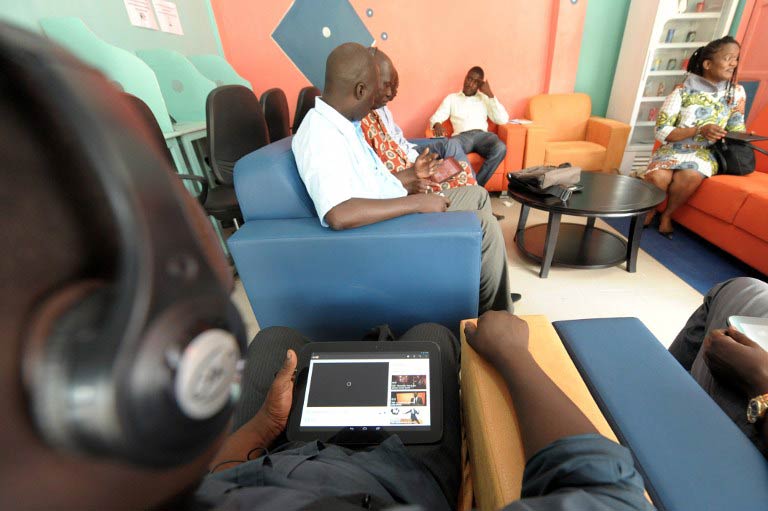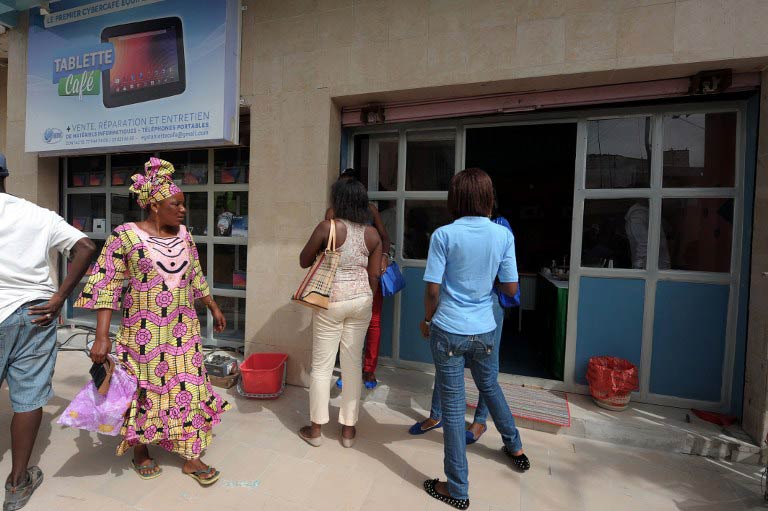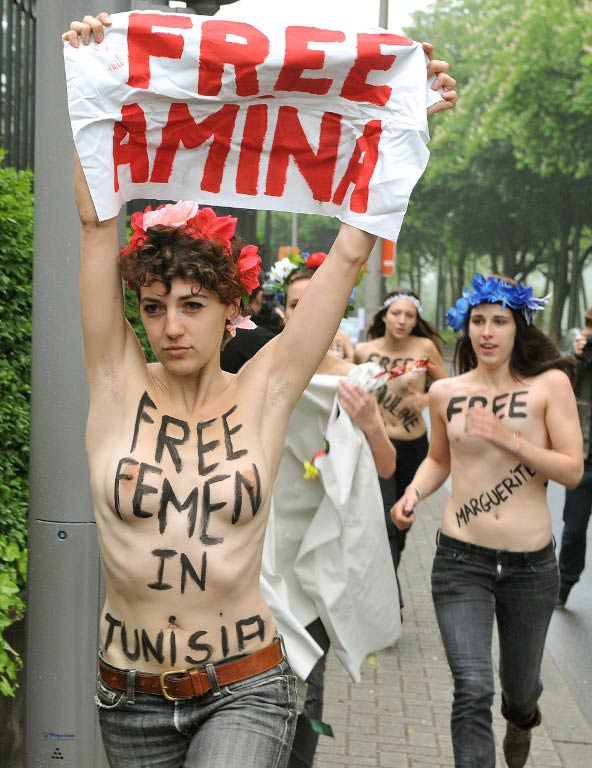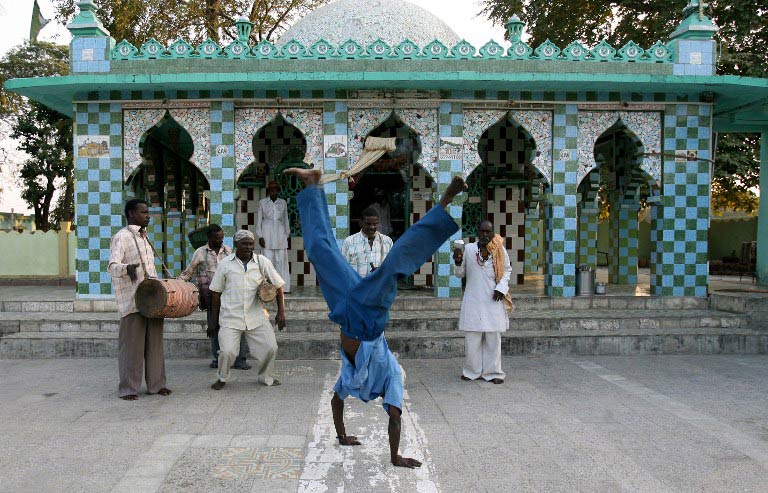When he saw the trucks full of police and soldiers rumbling across the muddy field where he mines gold, Emmanuel Quainn ran. But they weren’t coming for him.
They came for his Chinese counterparts, who had turned up about a year ago to dig into the earth around the central Ghana town of Dunkwa-on-Offin in search of gold.
The business was lucrative. It was also illegal.
“Most of the Chinese people went very far from here, because when they get them they’re going to be under arrest,” said Quainn, who quit his job installing satellite dishes for the more reliable pay of small-scale gold mining.
Ghana’s government last month sent a task force of soldiers, police and immigration officers into the country’s gold country to root out foreigners who have flooded mining districts in recent years.
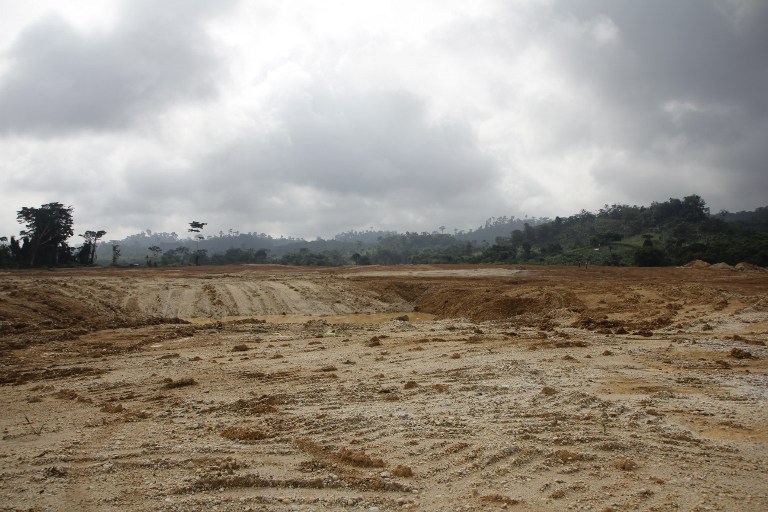
In a series of raids this month, the task force arrested and repatriated 218 Chinese nationals, along with 57 others from west African countries, as well as a handful from Russia.
Over 200 other Chinese citizens voluntarily returned home under an agreement organised with the Chinese embassy.
But in interviews with AFP, some who witnessed the raids accused Ghana’s security forces of heavy-handedness and indiscriminate arrests.
Liu Long Fei, a restaurant worker at a hotel in Dunkwa-on-Offin who was arrested and spent over a week in custody, said soldiers carrying out a nighttime raid kicked in doors and arrested everyone who looked Chinese.
“It doesn’t matter if (the immigrants are) financial worker or other job, they just come here and their duty is to catch the Chinese,” he said in broken English.
The raids created an awkward situation for China, which has been investing heavily in African nations in its search for new markets as well as oil and other natural resources.
In Ghana, China has been awarded infrastructure projects and plans a $3-billion loan backed by Ghana’s oil production.
The west African nation is eager for Chinese money but says foreigner-backed mining operations are ruining its heartland.
“It’s not about targeting any particular nationality,” said Francis Palmdeti, a spokesperson for Ghana’s immigration authorities.
“The task is to ensure that the degradation that is going on, in terms of our environment and waterways, is halted.”
Called the Gold Coast during British colonial rule, mining remains a driving force in Ghana’s economy. The country of 25-million is the second-largest gold producer in Africa, producing 4.2-million ounces last year.
Along with Ghana’s vibrant cocoa industry and nascent oil production, gold production helped grow the economy by 7.9% last year.
Ghana’s laws allow for citizens to mine small-scale plots up to 25 acres, but ban foreigners from the practice, commonly known as “galamsey.”
Dunkwa-on-Offin has long been a mining town, said local official Peter Kofi Owusu-Ashia, but changes have occurred in recent years.
Ghanaians began foregoing the hand tools they had relied on in favour of excavators and other heavy equipment brought in by Chinese businessmen, he said.
It turned what was once small-scale artisanal mining into something much more destructive.
Many of the Chinese came from Shanglin county in China’s Guangxi province, which too has a tradition of gold mining.
By 2009, the people of Shanglin had heard there was money to be made in faraway Ghana, says Yang Jiao, a doctoral candidate at the University of Florida in the United States who studies Chinese investment in Ghana.
The Chinese often worked with local brokers to assist their entry into the country and pay off local officials for land access, Jiao said.
“All these brokers and local elites, local chiefs … also have vested interests in this kind of illegal mining,” Yang said.
‘When they leave, we do it ourselves’
Isaac Abraham, a spokesperson for Ghana’s Minerals Commission, estimates there are over 1 000 licensed small-scale mines, though many small-scale miners simply forgo paperwork.
As the Ghanaian countryside became pockmarked from the pits dug by miners and rivers ran with brown sludge, pressure mounted on newly elected President John Dramani Mahama.
In early June, soldiers in Dunkwa-on-Offin descended on the Takyiwa Memorial Paradise Hotel, a hangout for the town’s Chinese population.
Liu said he was awakened late into the night by security forces pointing guns and torchlights at people in bed.
“They are saying ‘get up,’ ‘get up,’ so rudely,” Liu said. “I told them, ‘I’m legal, I’m managing here, why did you spoil my door?'”
Liu said the hotel was emptied out and anyone who looked Chinese was put on to buses and sent to immigration headquarters in Accra.
Security forces ignored those who tried to show visas and work permits, Liu said, and confiscated phones and money before throwing the arrested into packed jail cells.
Pan Yuan Hua, the manager of the hotel’s restaurant, showed an AFP journalist what he said was a photo from a phone smuggled inside the prison cell. It showed people sleeping on top of each other on the overcrowded cell’s floor.
Palmdeti, the immigration spokesperson, denied allegations of mistreatment.
“We haven’t brutalised or used [force] on anybody,” Palmdeti said.
Dunkwa-on-Offin’s Chinese miners are now mostly gone, but the excavators are still around, as is the know-how for finding gold in the deep, sun-scorched pits.
“We plan to continue mining. When they leave, we do it ourselves, because we have learned most of their techniques,” Quainn said. “So it will be easier for us.” – AFP
